Iodine deficiency in birds poses a significant threat to avian health, impacting thyroid function, growth, and reproductive capabilities.
Iodine, an essential trace element, plays a crucial role in the synthesis of thyroid hormones, making it indispensable for various physiological processes.
This exploration delves into the causes, signs, and treatment of iodine deficiency in birds, shedding light on the importance of proactive care and nutrition to safeguard the well-being of our feathered companions.
Recognizing the signs and understanding the underlying causes of iodine deficiency is paramount for bird owners to implement preventative measures and ensure the longevity and vitality of their avian friends.
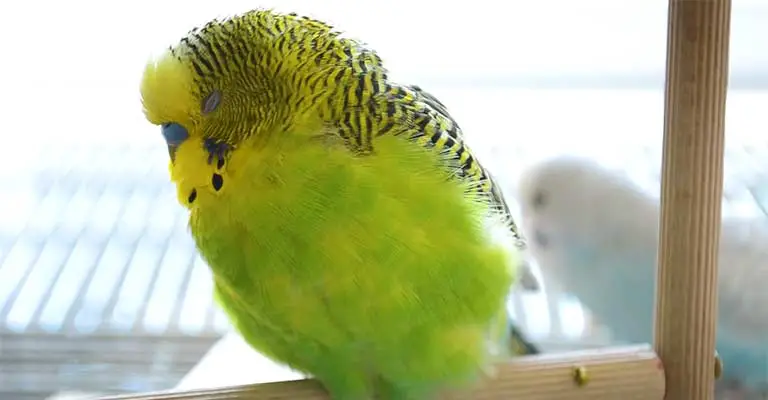
Iodine Deficiency In Birds
Iodine deficiency in birds is a critical nutritional concern that can lead to various health issues affecting their thyroid function, growth, and reproduction. Iodine is an essential element for the synthesis of thyroid hormones, which is crucial for overall avian well-being.
Here are some types of iodine deficiency in birds:
Hypothyroidism
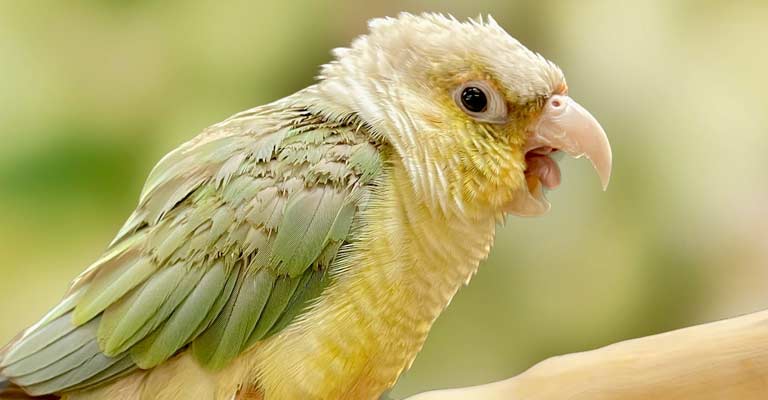
Insufficient iodine can lead to hypothyroidism, where the thyroid gland fails to produce adequate thyroid hormones. This can result in lethargy, weight gain, and a general slowdown of metabolic processes, impacting the bird’s overall energy levels.
Goiter Formation
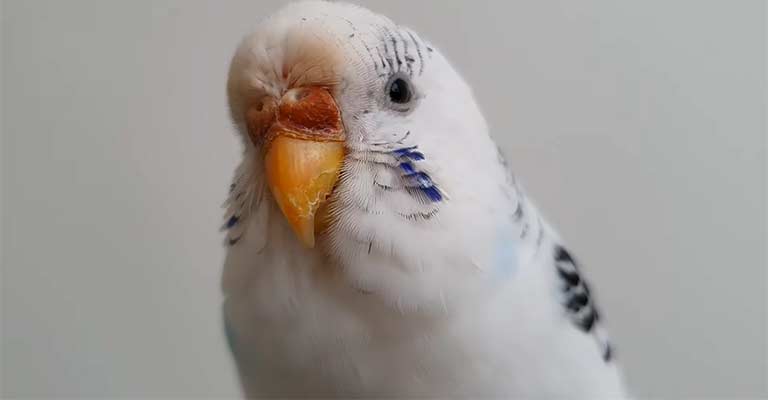
Iodine deficiency often manifests as goiter, an enlargement of the thyroid gland. Goiter can cause difficulty in swallowing, breathing, and overall discomfort for affected birds. It is a visible indicator of iodine insufficiency.
Reproductive Issues
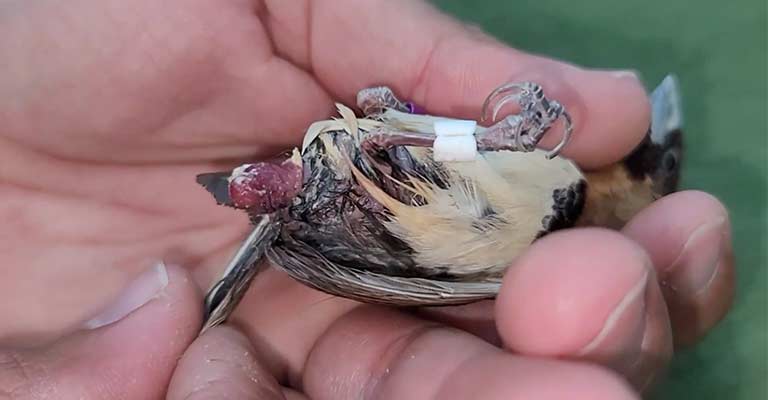
Iodine deficiency can adversely affect reproductive health in birds. Breeding pairs may experience reduced fertility, poor hatchability, or abnormalities in chicks. Adequate iodine is crucial for proper reproductive hormone synthesis.
Stunted Growth
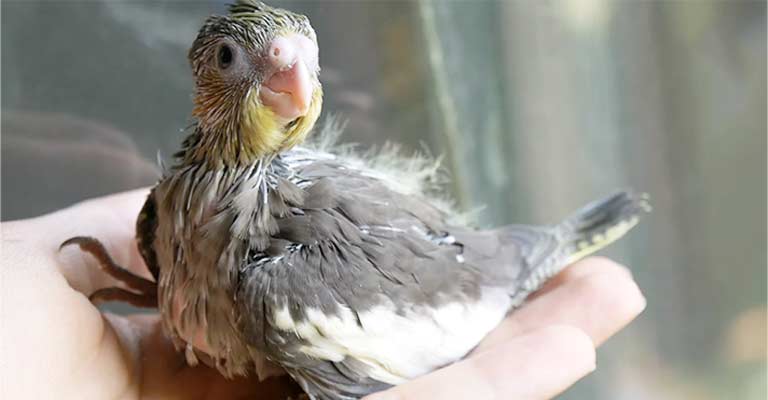
Growing birds require sufficient iodine for proper growth and development. Iodine deficiency can result in stunted growth, skeletal abnormalities, and delayed maturation, impacting the overall health of juvenile birds.
Weak Immune System
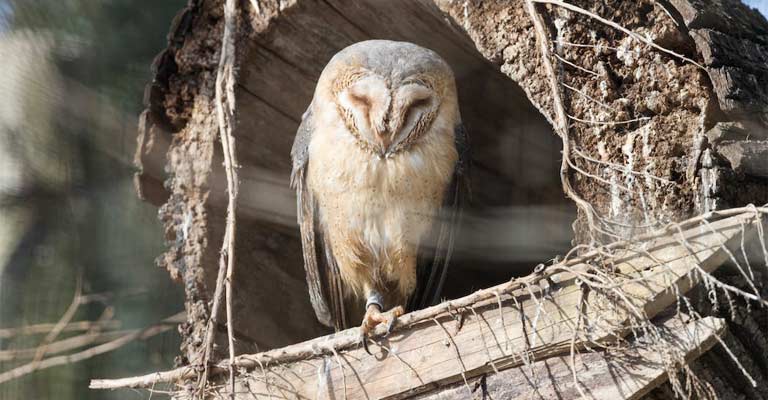
Iodine plays a role in the functioning of the immune system. Deficient birds may experience a weakened immune response, making them more susceptible to infections and illnesses.
Poor Feather Quality
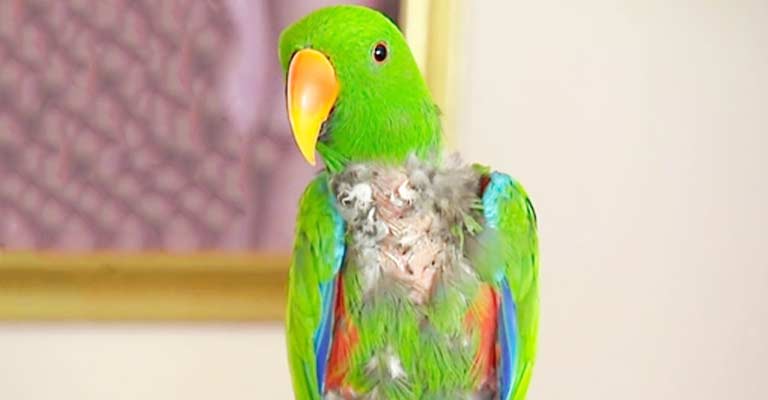
Inadequate iodine levels can impact the quality of feathers. Birds may exhibit dull, brittle plumage or experience abnormal molting patterns, affecting their insulation and protection.
Neurological Issues
Severe iodine deficiency can lead to neurological issues, causing tremors, incoordination, and other neurological abnormalities. These signs indicate a critical deficiency that requires immediate attention.
How Do I Know If My Bird Has Iodine Deficiency?
Identifying iodine deficiency in birds is crucial for timely intervention and maintaining optimal avian health. Iodine plays a vital role in various physiological functions, and its deficiency can lead to diverse health issues.
Here are seven signs to help bird owners recognize if their feathered friends are experiencing iodine deficiency:
Enlarged Thyroid Gland (Goiter)
An enlarged thyroid gland, visible as a swelling in the neck, is a prominent sign of iodine deficiency. This goiter formation can cause difficulty in swallowing and breathing, indicating an imbalance in iodine levels.
Lethargy and Weakness
Birds with iodine deficiency may exhibit lethargy, weakness, and a general lack of energy. These signs result from insufficient thyroid hormones, impacting metabolic processes and overall vitality.
Reproductive Issues
Breeding pairs may experience reduced fertility, poor hatchability, or abnormalities in chicks. Iodine deficiency affects reproductive hormone synthesis, manifesting as challenges in successful breeding.
Stunted Growth in Juveniles
Growing birds require sufficient iodine for proper development. Iodine deficiency can lead to stunted growth, skeletal abnormalities, and delayed maturation, observable in juvenile birds.
Dull or Brittle Plumage
Iodine deficiency impacts feather quality, leading to dull or brittle plumage. Birds may exhibit abnormal molting patterns, affecting their insulation and protection.
Weak Immune System
Birds with iodine deficiency may have a weakened immune system, making them more susceptible to infections and illnesses. Frequent illnesses can be indicative of compromised immunity.
Neurological Abnormalities
Severe iodine deficiency can result in neurological issues, including tremors and incoordination. These signs suggest a critical deficiency that requires immediate veterinary attention.
What Are The Causes Of Iodine Deficiency In Birds?
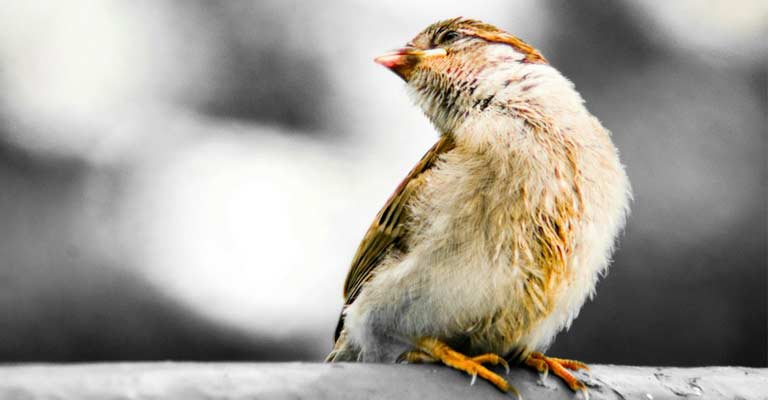
Iodine deficiency in birds can arise from various factors, impacting their thyroid function and overall health. Understanding the causes of iodine deficiency is crucial for bird owners to implement preventative measures and ensure optimal nutrition.
Here are seven common causes of iodine deficiency in birds:
Inadequate Diet
A primary cause of iodine deficiency is an inadequate diet lacking in iodine-rich foods. Birds relying on diets devoid of iodine sources, such as marine-based foods or iodized salt, are at risk. Providing a balanced diet is essential to prevent deficiencies.
Iodine-Antagonistic Elements
Elements like chlorine, fluorine, and perchlorate compounds can antagonize iodine absorption and utilization. Exposure to these elements, often found in water sources or certain environmental contaminants, can contribute to iodine deficiency.
Low Iodine Content in Feeding Materials
The iodine content in commercial bird feeds and feeding materials may vary. Birds consuming diets with consistently low iodine content are at risk of developing deficiencies. Monitoring and supplementing iodine levels in their diet is crucial.
Interference from Other Nutrients
Certain nutrients, including calcium and selenium, can interfere with iodine absorption and utilization. Imbalances in these nutrients, often stemming from a diet lacking in variety, can contribute to iodine deficiency in birds.
Liver Dysfunction
Iodine metabolism occurs in the liver, and liver dysfunction can impair the conversion and storage of iodine. Liver disorders, whether due to diseases or exposure to toxins, may contribute to iodine deficiency in affected birds.
Environmental Factors
Geographic regions with naturally low iodine levels in the soil can impact the iodine content in plants and, consequently, the diets of birds. Birds residing in such regions may be at a higher risk of iodine deficiency.
Increased Iodine Demand
Breeding birds and those with increased metabolic demands, such as growing chicks, may require higher iodine levels. Failure to adjust the diet to meet these increased demands can result in deficiencies, impacting the health of both parents and offspring.
How To Treat Iodine Deficiency In Birds?
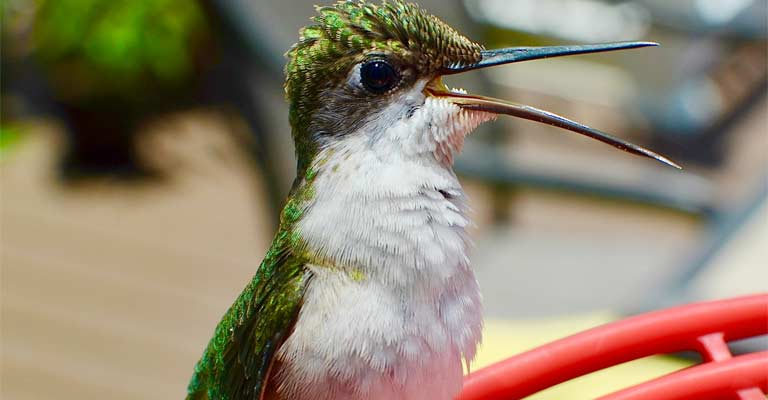
Addressing iodine deficiency in birds is crucial for maintaining their thyroid function and overall well-being. Iodine plays a vital role in various physiological processes, and deficiency can lead to severe health issues.
Here are seven types of treatment commonly employed for iodine deficiency in birds:
Dietary Modification
Adjusting the bird’s diet to include iodine-rich foods is fundamental. Introducing marine-based foods, iodized salt, and vegetables grown in iodine-rich soil can help restore iodine levels. A balanced and species-appropriate diet is crucial for long-term management.
Iodine Supplements
Veterinary-prescribed iodine supplements may be necessary to rapidly address deficiencies. These supplements, provided in precise dosages, help replenish iodine levels in the bird’s system. Close monitoring and veterinary guidance are essential to prevent overdosing.
Topical Iodine Application
In cases where oral supplementation is challenging, topical application of iodine may be recommended. This can involve applying iodine-rich solutions or ointments to the skin, allowing for absorption through the skin’s surface.
Improved Feeding Materials
Ensuring that commercial bird feeds and feeding materials have an adequate iodine content is crucial. Collaborating with animal nutritionists or veterinarians can help formulate or select feeds with optimized iodine levels.
Environmental Adjustments
Monitoring and addressing environmental factors contributing to iodine deficiency is vital. For birds in regions with naturally low iodine levels in the soil, providing supplemental iodine or modifying the environment may be necessary.
Liver Supportive Medications
In cases where liver function is compromised due to iodine deficiency, medications that support liver health may be prescribed.
These medications aim to improve liver function, facilitating the conversion and storage of iodine.
Regular Veterinary Check-ups
Monitoring the bird’s iodine levels through regular veterinary check-ups is crucial for ongoing management. Periodic assessments allow for adjustments to the treatment plan, ensuring that the bird’s nutritional needs are met and preventing future deficiencies.
Combining these treatment approaches tailored to the individual bird’s condition is essential for effective management of iodine deficiency.
Bird owners should work closely with avian veterinarians to determine the most appropriate course of treatment, ensuring the bird’s overall health and longevity.
FAQs
Can iodine deficiency be treated with diet alone?
In mild cases, dietary modification may help. However, severe deficiencies often require veterinary-prescribed iodine supplements or topical applications for faster restoration.
How can I provide iodine for my bird?
Include iodine-rich foods like marine-based items, iodized salt, and vegetables grown in iodine-rich soil. Veterinary guidance ensures a balanced and species-appropriate diet.
Are iodine supplements safe for birds?
Yes, when prescribed by a veterinarian. Iodine supplements, provided in precise dosages, help replenish iodine levels. Overdosing risks necessitate professional guidance.
Can environmental factors contribute to iodine deficiency?
Yes, regions with naturally low iodine levels in the soil can impact iodine content in plants, affecting bird diets. Supplemental iodine or environmental modifications may be necessary.
How often should birds be checked for iodine deficiency?
Regular veterinary check-ups are essential for early detection and monitoring. Periodic assessments allow adjustments to treatment plans, ensuring optimal iodine levels.
Conclusion
Mitigating iodine deficiency in birds demands a holistic approach involving dietary adjustments, environmental considerations, and vigilant veterinary care.
Bird enthusiasts play a pivotal role in preventing deficiencies by providing a well-balanced diet, collaborating with avian experts, and staying attuned to signs of iodine insufficiency.
Regular veterinary check-ups contribute to early detection and timely intervention, ensuring that birds lead healthy, thriving lives.
By prioritizing iodine-rich nutrition and proactive healthcare, bird owners foster a harmonious and resilient avian community where iodine deficiency becomes a rare and manageable concern.